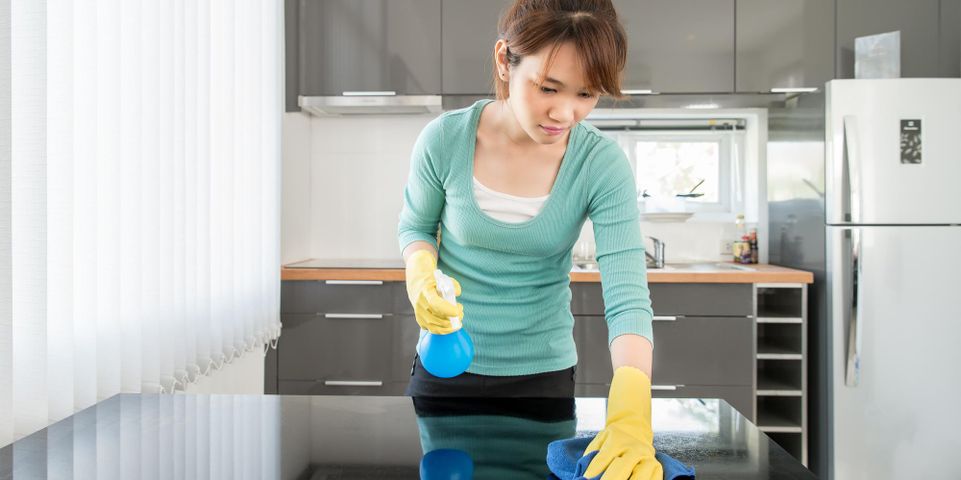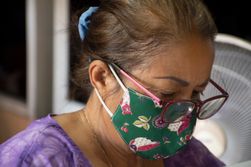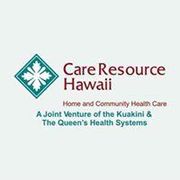Prevention & Caring Strategies During COVID-19

Prevention is always preferable to treatment. Since COVID-19 is still active, developing an elderly assistance plan will help protect seniors at home and outside. From maintaining communication with physicians to stocking up on supplies, here's how your family can minimize the chances of developing or transmitting the virus.
What Are COVID-19 Safety Tips for Seniors?
1. Stock Essentials
Shortages and delays may occasionally arise, making buying in bulk a better option. Since seniors often take several medications, ask their doctors for 90-day prescriptions.
Keep spare hearing aid batteries and ostomy supplies, if applicable. If your loved one uses oxygen, reach out to the supplier to see if delivery patterns have been changed due to the pandemic.
Buy enough groceries to last for several weeks. Focus on essentials that won’t spoil quickly, like canned or dried food. Rice, lentils, beans, and dried fruit provide benefits to metabolic function and will bolster the immune system.
2. Wear Masks
 anyone in the household ventures outside, have them wear a cloth mask that covers the nose and mouth. Clean the family’s masks in a washing machine regularly, especially if they’re used frequently. Face masks can be purchased or fabricated through sewing and non-sewing methods detailed by the Centers for Disease Control and Prevention (CDC).
anyone in the household ventures outside, have them wear a cloth mask that covers the nose and mouth. Clean the family’s masks in a washing machine regularly, especially if they’re used frequently. Face masks can be purchased or fabricated through sewing and non-sewing methods detailed by the Centers for Disease Control and Prevention (CDC).
3. Prepare for Medical Care
Develop and maintain a calendar of medical appointments for your loved one. Check-in with their physicians and inquire about changes that might have occurred. Many are using telehealth to provide real-time visual elderly assistance from the safety of home.
Talk to the doctors about monitoring and treating chronic conditions. Ask about warning signs and what should be done if they occur.
4. Clean Thoroughly
If someone in the home is ill, the spread can be minimized or even prevented. Wear disposable gloves and use paper towels to clean high-touch surfaces with soap and water. Clean all countertops, doorknobs, handles, desks, appliances, tables, and fixtures.
If possible, use disinfectants that have proven effective against COVID-19, as observed by the Environmental Protection Agency (EPA).
5. Illness Strategies
Whether your loved one lives with you or in a senior community, you can help them prepare for a COVID-19 outbreak. They should keep a list of their medications on their person at all times.
Help your loved one create a simple go-bag if hospitalization is necessary. Write down at least two individuals to act as medical decision-makers and provide their contact data. Additionally, list their doctors and how to reach them. The go-bag should contain medical wishes, and personal medical equipment, like mobility devices, hearing aids, glasses, and dentures.
Careful preparation helps protect the health of vulnerable seniors, especially during the COVID-19 pandemic. For over 25 years, CareResource Hawaii has provided exceptional in-home care from experienced workers in the field. Whether a senior loved one needs help with minor tasks or full-time care, their certified LPNs and registered nurses will give them the support they need and the compassion they deserve. Based in Honolulu and serving Oahu, Big Island, and Molokai, this nonprofit offers personalized elderly assistance. For more information, visit their website or call (808) 599-4999.
About the Business
Have a question? Ask the experts!
Send your question

